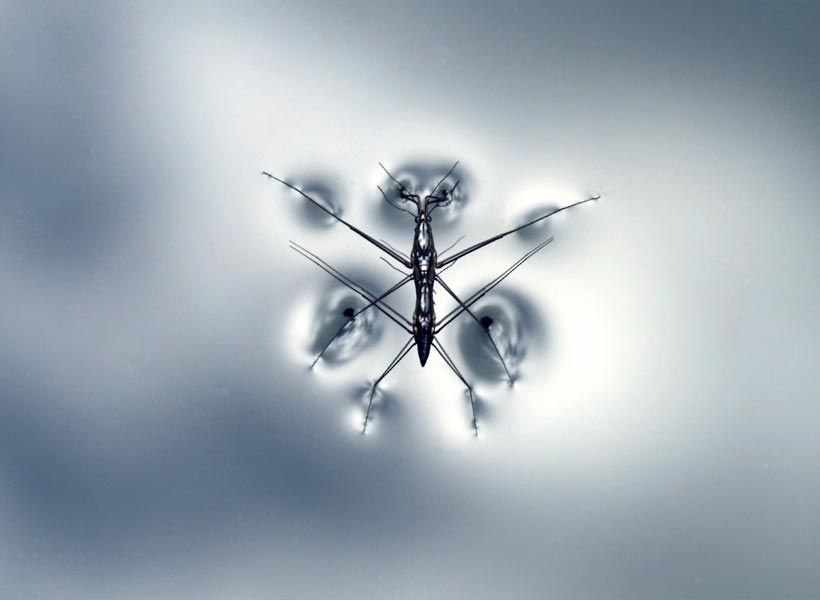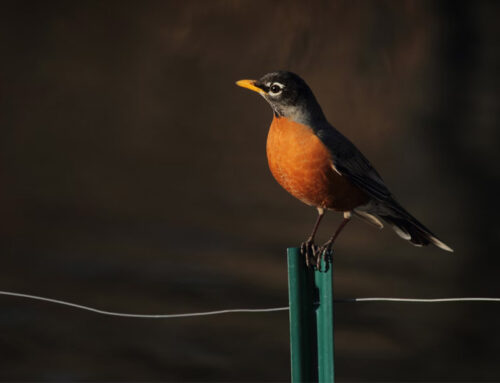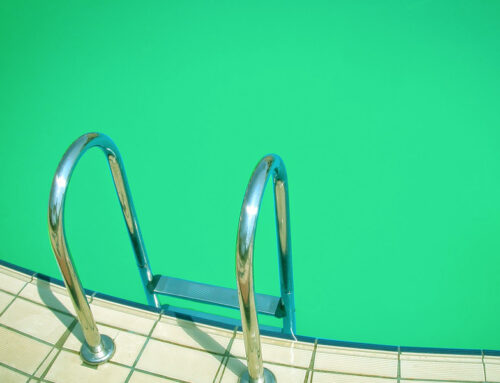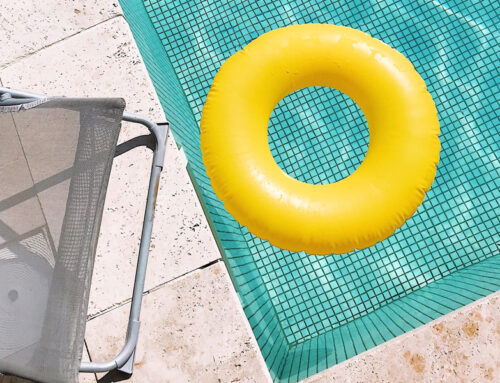As the temperature rises and the sun beckons, many individuals find solace in the refreshing embrace of their backyard pools. However, this aquatic haven can sometimes attract uninvited guests in the form of pool predators. From insects and amphibians to larger creatures, it’s crucial to take preventive measures to ensure your pool remains critter-free.
Identifying Common Pool Predators
- Insects: One of the most common nuisances around pools is insects. Mosquitoes, ants, and bees are attracted to the water source and can disrupt your poolside enjoyment. Additionally, flies and other flying insects may become a persistent annoyance.
- Amphibians: Frogs and toads are drawn to the water for breeding purposes and may find your pool a suitable habitat. While they contribute to the ecosystem, their presence can be unsettling for pool-goers.
- Small rodents: Mice and rats may venture into your pool area seeking water and food sources. Their presence poses hygiene concerns and can result in damage to pool equipment.
- Birds: Feathered friends can pose a challenge, especially around larger bodies of water. Their droppings not only contaminate the water but can also create a slippery and hazardous surface.
Preventive Measures
- Pool covers: Invest in a sturdy pool cover when the pool is not in use. This not only prevents debris but also acts as a barrier against unwelcome critters. Ensure the cover fits snugly to leave no openings for pests to access the water.
- Regular maintenance: Implement a routine pool maintenance schedule. Skim the surface regularly to remove leaves, insects, and other debris. Vacuum the pool floor to eliminate any contaminants that may attract predators.
- Proper lighting: Insects are attracted to light, especially during the evening. Opt for yellow bug lights around your pool area, as they are less attractive to insects compared to traditional white lights. You can also consider lights that trap flying insects to keep them to a minimum.
- Landscaping: Keep vegetation around the pool area well-trimmed and remove any overhanging branches. This minimizes the chances of critters dropping into the pool from nearby trees or bushes.
- Natural deterrents: Consider using natural repellents like citronella candles or essential oils around the pool. These can help deter insects and amphibians without resorting to toxic chemical solutions.
- Fencing: Install a proper fence around your pool to restrict access for larger animals such as rodents or even larger wildlife. Make sure the fence is tall and has no gaps that could allow smaller creatures to slip through.
- Scare tactics: Employ scare tactics like decoy predators, such as an owl, or motion-activated devices that emit sound or light. These can deter birds and other animals from approaching your pool.
Maintaining a critter-free pool requires diligence and a combination of preventive measures. By identifying common pool predators and implementing these strategies, you can create an enjoyable and hygienic pool environment for you and your guests. Remember that a well-maintained pool not only enhances your leisure experience, but also ensures the longevity of your pool equipment and a safer swimming environment.






